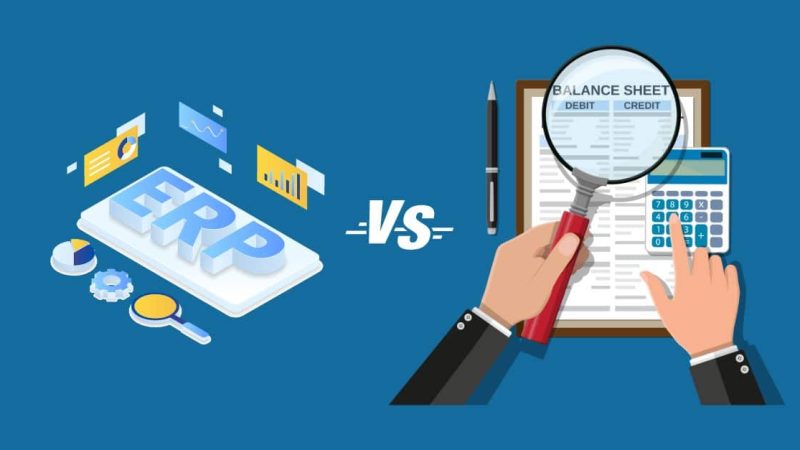Ecosprin: Comprehensive Guide to Usage, Benefits, and Recommendations
Understanding Ecosprin: A Complete Guide
Ecosprin is a widely used medication known for its efficacy in managing cardiovascular conditions. It is primarily an antiplatelet agent, which means it helps prevent blood clots, thereby lowering the risk of heart attack and stroke. This guide delves deep into the uses, dosages, side effects, and other essential aspects of Ecosprin.
What is Ecosprin?
Ecosprin is the brand name for aspirin, formulated specifically for cardiovascular health. It falls under the category of non-steroidal anti-inflammatory drugs (NSAIDs) but is predominantly used for its antiplatelet properties. This medication is often prescribed to those at risk of heart disease or stroke, as it helps reduce the formation of blood clots.
Mechanism of Action
Ecosprin works by inhibiting the cyclooxygenase (COX) enzyme, which in turn reduces the production of thromboxane A2. Thromboxane A2 is a substance that promotes platelet aggregation, leading to clot formation. By decreasing its production, Ecosprin effectively reduces the risk of clot-related cardiovascular events.
Indications for Use
Ecosprin is recommended for:
– Prevention of Heart Attacks: Regular use can reduce the risk of a first heart attack in high-risk individuals.
– Stroke Prevention: Especially beneficial for those with a history of strokes or transient ischemic attacks (TIAs).
– After Coronary Artery Bypass Grafting (CABG): Helps in preventing clot formation post-surgery.
– Managing Angina: Both stable and unstable angina can be managed with Ecosprin.
How to Use Ecosprin
Ecosprin is usually taken orally, with or without food. Here are some general guidelines:
– Dosage: The typical dose ranges from 75 mg to 325 mg daily, depending on the condition and doctor’s advice.
– Timing: It’s recommended to take it at the same time each day to maintain a consistent level in your bloodstream.
– Missed Dose: If you miss a dose, take it as soon as you remember, unless it is close to the time of your next dose.
Possible Side Effects
While Ecosprin is generally safe, it can cause side effects in some individuals. Common side effects include:
– Gastrointestinal Issues: Nausea, vomiting, and stomach pain.
– Bleeding: Increased risk of bleeding, especially gastrointestinal bleeding.
– Allergic Reactions: Skin rashes or itching in rare cases.
If you experience any severe side effects, it is crucial to seek medical attention immediately.
Comments from Medical Professionals
Dr. Jane Smith, a renowned cardiologist, states, “Ecosprin is a cornerstone in cardiovascular treatment. It significantly reduces the risk of thrombotic events and is well-tolerated by most patients. However, it’s essential to use it under medical supervision to avoid potential complications.”
Recommendations for Use and Dosages
Before starting Ecosprin, a thorough medical evaluation is necessary. Always consult with a healthcare provider to determine the appropriate dosage tailored to your specific needs. Regular monitoring of blood pressure and other vital signs is also recommended to ensure safety.
Here’s a simple table to illustrate common dosages:
| Condition | Dosage Range |
|—————————-|——————–|
| Heart Attack Prevention | 75 mg daily |
| Post-Stroke Treatment | 75-162 mg daily |
| After CABG | 81-325 mg daily |
| Managing Angina | 75-325 mg daily |
Where to Purchase Ecosprin
Ecosprin is available at most pharmacies, but for a reliable source and competitive pricing, consider purchasing from our recommended site. Visit our site for more information.
Important Considerations
– Interactions: Ecosprin can interact with other medications such as anticoagulants, NSAIDs, and certain blood pressure drugs. Always inform your doctor about any concurrent medications.
– Contraindications: Not advisable for individuals with known allergies to NSAIDs, active gastrointestinal ulcers, or severe liver or kidney disease.
Trends and Innovations in Ecosprin Use
The medical community is continually researching ways to optimize Ecosprin therapy. Current trends involve personalized medicine approaches, where genetic testing might determine the optimal dosage for individual patients.
Tutorials and Further Learning
For those interested in learning more about Ecosprin and its applications, numerous resources are available, including online tutorials and medical courses. These can provide deeper insights into its pharmacological aspects and clinical use.
Conclusion from Experts
Pharmacist John Doe emphasizes, “Ecosprin remains a fundamental drug in preventing cardiovascular diseases. Its benefits outweigh the risks when used appropriately. Continuous research and patient education are key to maximizing its potential.”
For more comprehensive information and purchasing options, visit our site.









